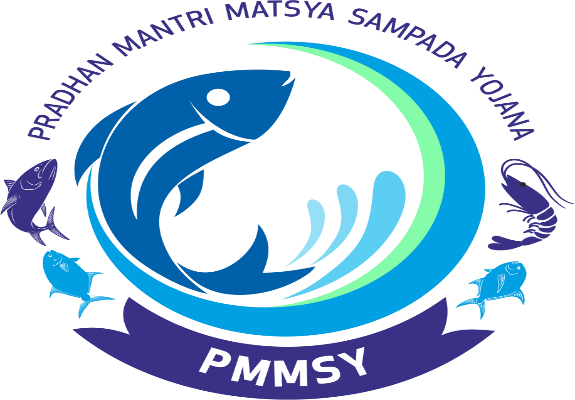Strengthening Fisheries Extension Services

- 26 Dec 2024
In News:
India possesses diverse fisheries resources that provide livelihood opportunities to approximately three crore fishers and fish farmers. The country has witnessed an 83% increase in the national fish production since 2013-14, that stands at a record 175 lakh tons in 2022-23.
Importance of Fisheries Extension Services:
- Livelihood Support: Fisheries provide livelihoods to over 3 crore fishers and fish farmers in India. The sector's growth is crucial for enhancing sustainable practices and ensuring long-term productivity.
- Growth in Fish Production: India’s fish production has seen an 83% increase since 2013-14, reaching 175 lakh tons in 2022-23, with 75% of production coming from inland fisheries. India is the second-largest fish and aquaculture producer globally.
- Role of Extension Services: Extension services bridge the gap between scientific advancements and fishers, offering guidance on:
- Species lifecycle management
- Water quality management
- Disease control
- Sustainable rearing technologies and business models.
Government Initiatives to Strengthen Fisheries Extension:
- Matsya Seva Kendras (MSKs):
- Launched under PMMSY (Pradhan Mantri Matsya Sampada Yojana) in 2020, MSKs are one-stop centers providing comprehensive extension services.
- Support to Fish Farmers: MSKs offer:
- Disease testing, water, and soil analysis.
- Training on sustainable aquaculture practices.
- Technology infusion in seed/feed management.
- Focus on Inclusivity: Government assistance (up to 60%) is available for women and marginalized communities to set up MSKs.
- Examples:
- Thrissur, Kerala: Equipped with labs for water and microbial analysis.
- Maharashtra (Nasik and Sangli): Capacity-building efforts on seed/feed inputs.
- Collaborations: MSKs mobilize start-ups, cooperatives, and Fish Farmer Producer Organizations (FFPOs) to share best practices, including regenerative and conservation management in the face of climate change.
- Sagar Mitras:
- Role: Deployed in coastal states and union territories, Sagar Mitras act as a vital interface between the government and marine fishers.
- Functions:
- Collection and dissemination of daily marine catch data, price fluctuations, and market insights.
- Dissemination of important information: weather forecasts, fishing zones, local regulations, and hygienic fish handling.
- Provide support on disaster preparedness and natural calamities.
Enhancing Extension Services through Digital Platforms:
- AquaBazaar: A virtual learning platform initiated by the National Fisheries Development Board to provide expert guidance on:
- Seed production and breeding of commercially important fish species.
- Practical demonstrations to improve fishers' knowledge.
- Digital Outreach: Expanding such platforms will improve access to resources for fishers, especially in rural and remote areas.
Institutional Convergence and Capacity Building:
- Krishi Vigyan Kendras (KVKs): Fisheries extension services should be integrated with the over 700 Krishi Vigyan Kendras and state-level agricultural extension services for effective outreach.
- Formalizing the Sector: The World Bank-assisted project aims to create work-based digital identities for fishers and fish farmers, enhancing their access to extension services, training, and awareness programs.
Challenges in Fisheries Extension Services:
- Fragmented Initiatives: Multiple government schemes and programs lack institutional convergence, leading to inefficiencies in reaching the grassroots level.
- Digital Divide: Many rural and coastal areas face challenges in terms of digital literacy and internet connectivity, limiting the effectiveness of online platforms.
- Impact of Climate Change: Unpredictable weather patterns and resource depletion due to overfishing demand adaptive strategies and the promotion of climate-resilient practices.
Conclusion and Way Forward:
- Institutional Convergence: Combining existing extension machinery like Krishi Vigyan Kendras with fisheries extension services to leverage established networks and knowledge.
- Expand Digital Outreach: Platforms like AquaBazaar should be expanded to ensure wider access to expert knowledge, training, and best practices.
- Private Sector Collaboration: Encouraging public-private partnerships can enhance technology dissemination, capacity building, and resource mobilization in the fisheries sector.
- Focus on Sustainability: Developing climate-resilient and sustainable fisheries practices will be essential to address challenges posed by environmental changes and overfishing.
